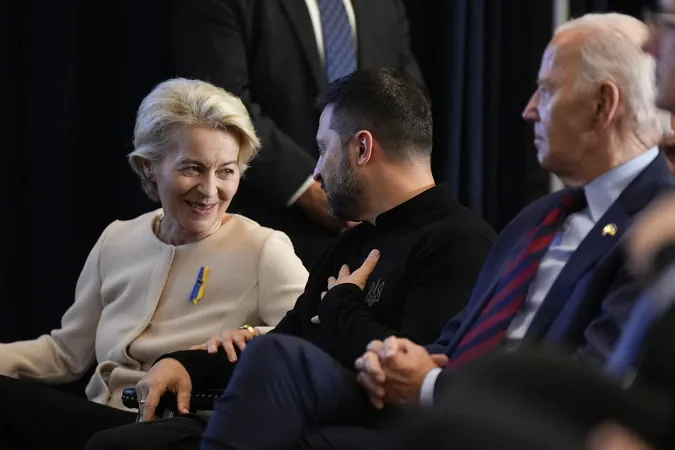
As Ukraine War Intensifies, EU Steps Up while US Support Remains Uncertain
2024-09-27
Introduction
As the conflict in Ukraine reaches a pivotal moment, the European Union (EU) is taking decisive steps to address what it perceives as an existential threat to regional security, even contemplating actions without the support of the United States.
EU's Loan Package for Ukraine
This week, EU representatives have been engaged in discussions in Brussels to finalize a significant loan package for Ukraine, amounting to up to 35 billion euros (approximately $39 billion). European Commission President Ursula von der Leyen announced this plan during a recent visit to Kyiv, emphasizing its urgency and necessity.
"This loan will directly support your national budget," von der Leyen told Ukrainian President Volodymyr Zelenskyy. By providing substantial fiscal flexibility, it will empower Ukraine to allocate funds according to its most pressing needs, including the acquisition of weapons, construction of bomb shelters, and the repair of its damaged energy infrastructure as winter approaches.
Ukrainian Strategy Amid Military Pressure
In the face of increasing military pressure from Russian forces, which are reportedly making gains in Eastern Ukraine, Zelenskyy is keen on rallying international support for a strategic "victory plan." This plan aims to strengthen Ukraine's bargaining position in potential negotiations with Russian President Vladimir Putin. However, the political landscape in the U.S. complicates these efforts, with the looming presidential elections hinting at a potential change in policy direction. Former President Donald Trump has voiced skepticism about U.S. aid to Ukraine, suggesting that concessions should have been made to Putin prior to the invasion in 2022.
Concerns Over Regional Stability
The implications of a potential Russian victory weigh heavily on EU leaders, who worry that it could lead to further instability in Eastern Europe, with fears emerging for the Baltic States and Poland. Despite being currently stretched, Russia's military could still pose a future threat.
EU’s Strategy and G7 Cooperation
The EU’s proposed loans are a critical part of an international strategy, leveraging interest from an estimated $250 billion of frozen Russian assets held primarily in Europe. The Group of Seven (G7) nations are looking to generate funding through these assets, aiming for a combined aid effort that previously included significant contributions from the U.S. However, discrepancies regarding the duration of the asset freeze have led the EU to reconsider and potentially act independently.
Political Uncertainties and Future Cooperation
In light of the upcoming U.S. election, European leaders are bracing for a range of scenarios that could affect their ongoing support for Ukraine. The unpredictability of Trump's foreign policy and the inward focus of the current Democratic administration heighten concerns about the future of transatlantic cooperation. The recent tensions surrounding the Biden administration's Inflation Reduction Act have only added to this unease.
Biden Administration's Support for Ukraine
Despite their challenges, European nations are committed to strengthening their support for Ukraine. According to EU foreign policy chief Josep Borrell, "As long as the Ukrainians want to resist, we have to support them. Otherwise, we will make a historical mistake."
In tandem with EU efforts, the Biden administration has confirmed an upcoming military aid package for Ukraine, which includes advanced weaponry such as cluster bombs and armored vehicles. The U.S. is also expected to announce additional financial assistance soon.
Conclusion
As the EU prepares for an important summit on October 17-18 to finalize its position on the G7 loan package, the situation remains dynamic, with the future of Ukraine and regional security hanging in the balance.
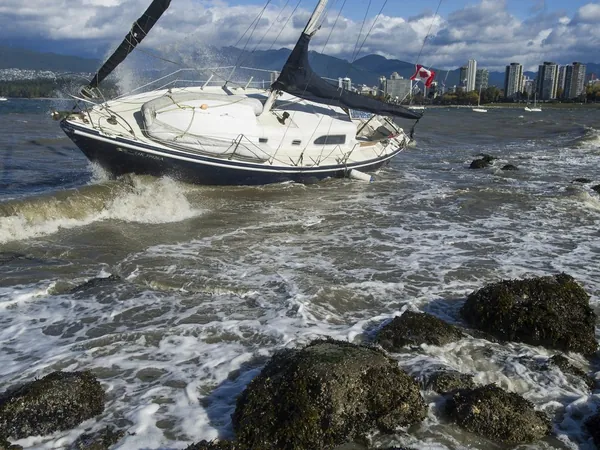

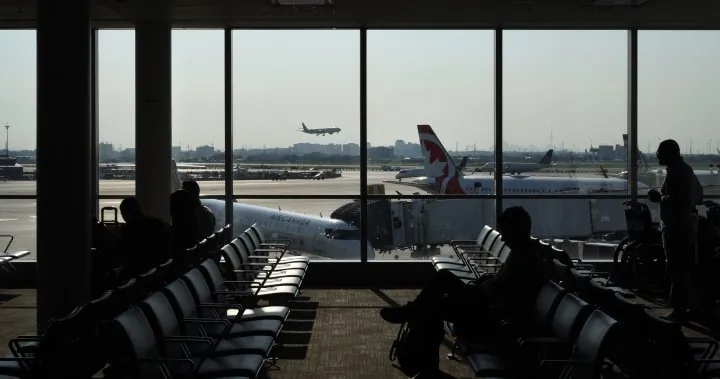
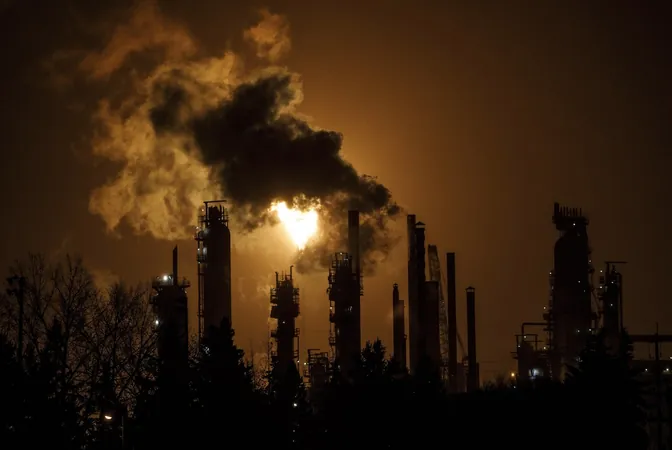



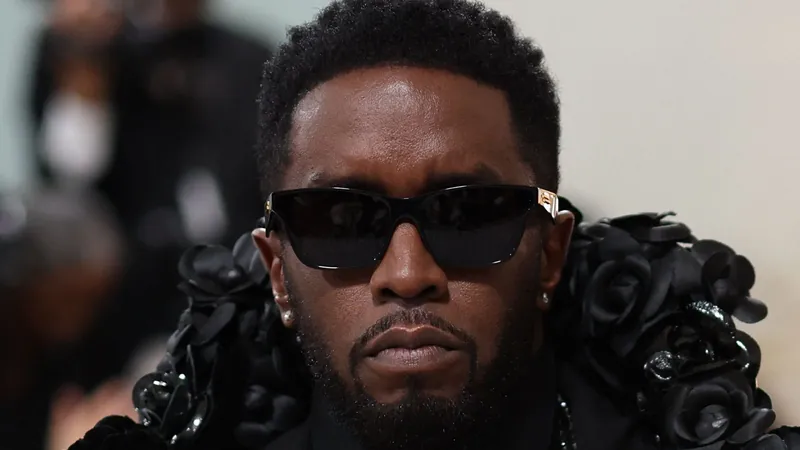
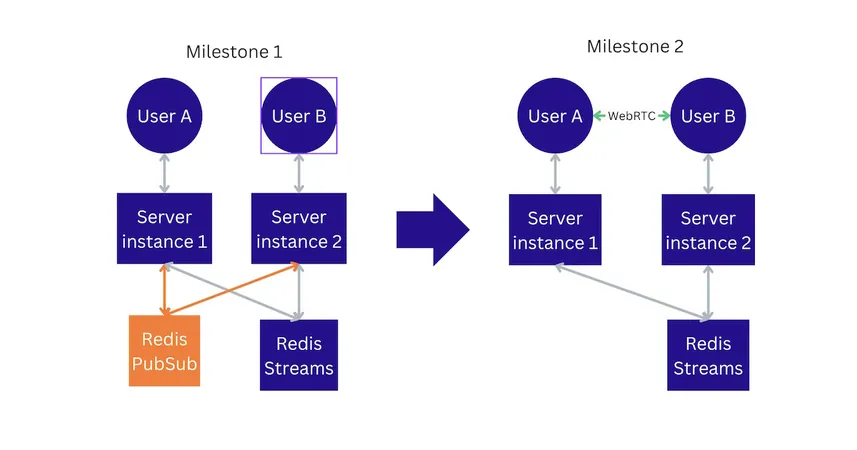
 Brasil (PT)
Brasil (PT)
 Canada (EN)
Canada (EN)
 Chile (ES)
Chile (ES)
 España (ES)
España (ES)
 France (FR)
France (FR)
 Hong Kong (EN)
Hong Kong (EN)
 Italia (IT)
Italia (IT)
 日本 (JA)
日本 (JA)
 Magyarország (HU)
Magyarország (HU)
 Norge (NO)
Norge (NO)
 Polska (PL)
Polska (PL)
 Schweiz (DE)
Schweiz (DE)
 Singapore (EN)
Singapore (EN)
 Sverige (SV)
Sverige (SV)
 Suomi (FI)
Suomi (FI)
 Türkiye (TR)
Türkiye (TR)